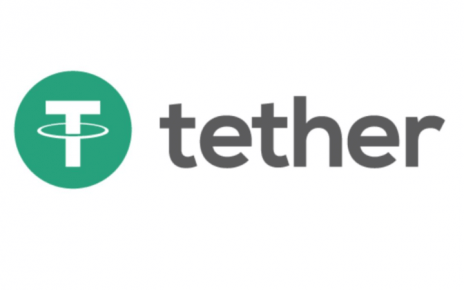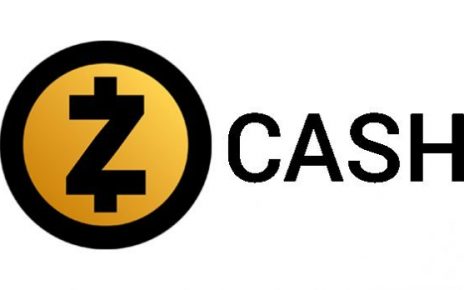Hester Peirce, a commissioner from the United States Securities and Exchange Commission (SEC) assured she was not ready to make a general statement that all the cryptocurrencies other than Bitcoin were securities. She said this subject is still being discussed and that some cryptocurrencies function as securities, some as currencies and some as other things. This, according to the commissioner, makes the entire panorama varied and diffused.
According to Peirce, there is an incredible diversity in the ecosystem. The commissioner spoke at a conference were she said there was a possibility that some tokens change their function as the project is being developed and new actors enter the ecosystem. This way, Peirce said that if some tokens were emitted as securities in order to finance a certain project, they could assume a different function later when the network becomes operational. This is a premise that could be applied to the case of Ethereum.
According to Gary Gensler, the former director of the United States Commodity Futures Trading Commission (CFTC), Ethereum opened a strong case of investigation conducted by the SEC and it could be considered as a non registered financial security.
These declarations were disproved by Peter Van Valkenburgh, a lawyer and investigator. He arguments that by asserting that ether is a security, the entire evolution of the project that started back in 2014 is ignored. If the rewards given to the donors that helped finance the development of the project are considered as financial securities, the value of ether and the functionality of the Ethereum blockchain network does not depend on the Ethereum Foundation. Instead, the price depends on the participation of the miners.
Peirce also added that she thought it was unnecessary to go after a promoter of a token that is no longer involved. These two premises could be applied in the case of Ethereum, but doubts remain in other cases such as the XRP token emitted by Ripple Labs and the rest of the projects started through initial coin offerings (ICOs).
In the case of Ripple, on several occasions the company refused the allegations that the XRP token was a security. However, the link between Ripple Labs and XRP is what concerns the main cryptocurrency exchanges in the United States of America. Even some of the cryptocurrency users decided to take legal actions against Ripple Labs. This was due to the fact that the SEC warned the public that all the cryptocurrency exchange platforms that accept assets qualified as securities should abide by the corresponding laws.
On the other hand, the ICOs keep being in the focus of attention. Jay Clayton, the Chairman of the SEC, at the end of April this year said the SEC was trying to find an equilibrium when it comes to regulating the ICOs. This was Clayton’s response to a petition that asked to ban the ICOs completely.
The Chairman of the SEC said the number of tokens that were not securities was very small and added that was a complicated area. Nevertheless, the SEC made it clear that Bitcoin is a pure exchange medium and not a security.
The complex of the topic and the way to determine whether different tokens are securities or not is based on the way the project functions. This is why Peirce urged the developers to interact with the Division of Corporate Finance of the SEC in order for the regulatory authorities to have a better understanding of how the cryptocurrencies are constructed: “I want us to be able to play that role but we can’t do that unless you tell us what you’re actually doing.”
Peirce said she preferred a more hands-off approach when it comes to helping financial entrepreneurs and not the use of sandboxes preferred by some regulatory bodies: “On a beach, you have a life guard…. but she’s not sitting with the sand castle builders.”




